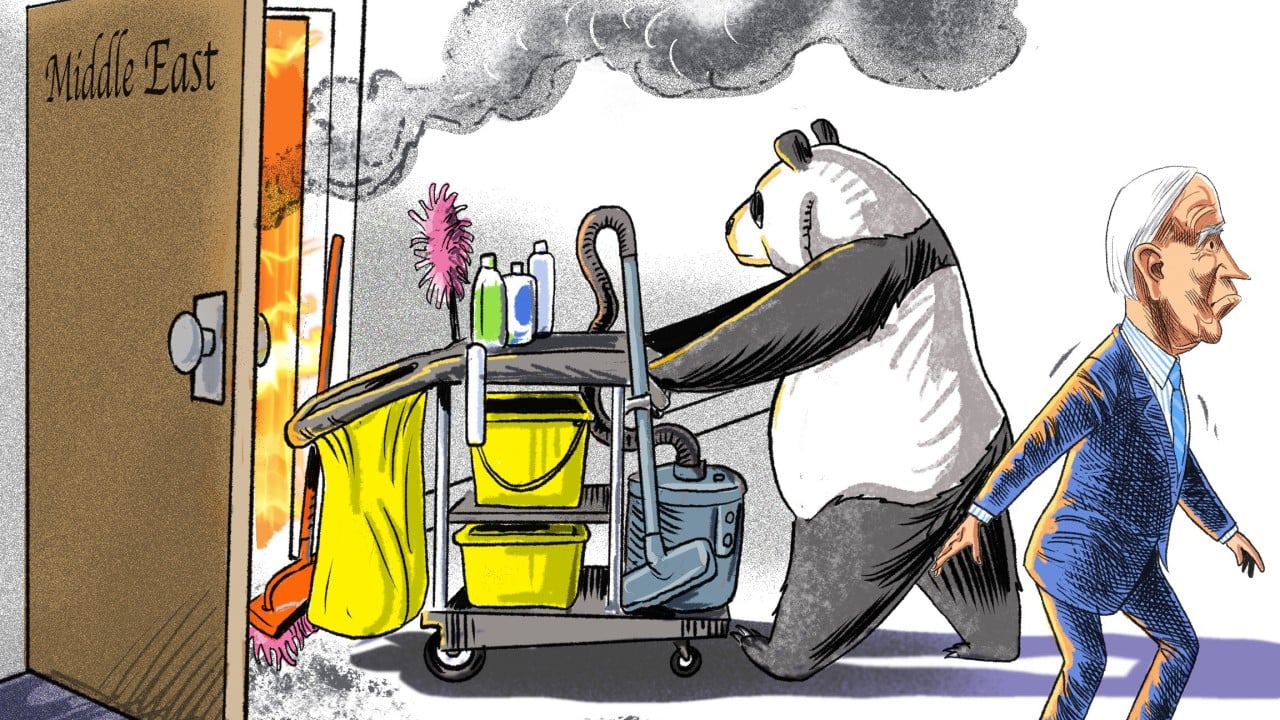Shortly after winning the 2020 presidential election, Joe Biden vowed to “restore the soul of America, to rebuild the backbone of this nation, and to make America respected around the world again and to unite us here at home”. In the succeeding months, he presented a new global vision for the United States after four years of divisive politics and unilateralist foreign policy under Donald Trump.
Advertisement
In a speech before US diplomats at the Harry S Truman building in 2o21, Biden struck a confident tone by declaring, “America is back. Diplomacy is back at the centre of our foreign policy.”
He set a goal to “repair our moral leadership” and announced the launch of a Summit of Democracy. The latter would “rally the nations of the world to defend democracy globally, to push back … authoritarianism’s advance, we’ll be a much more credible partner because of these efforts to shore up our own foundations”.
In his first State of the Union address, Biden said that “America is on the move again” and went so far as state: “We’re in competition with China and other countries to win the 21st century.” After decades in foreign policy – beginning with his stint on the Senate Foreign Relations Committee and later as vice-president in the Obama administration – the then-newly elected US president enjoyed tremendous credibility around the world.
In Southeast Asia, for instance, the US found more favour among regional thought leaders, far surpassing China, according to the annual State of Southeast Asia survey. Allies in Europe, Australia and Japan, as well as rising powers such as India, also welcomed Biden’s ascent to power.
Advertisement
Four years on, as Biden enters his final few months in office, however, it’s clear that America’s global position is in peril. No place better exhibits the deficiencies of current US foreign policy than the Middle East.

